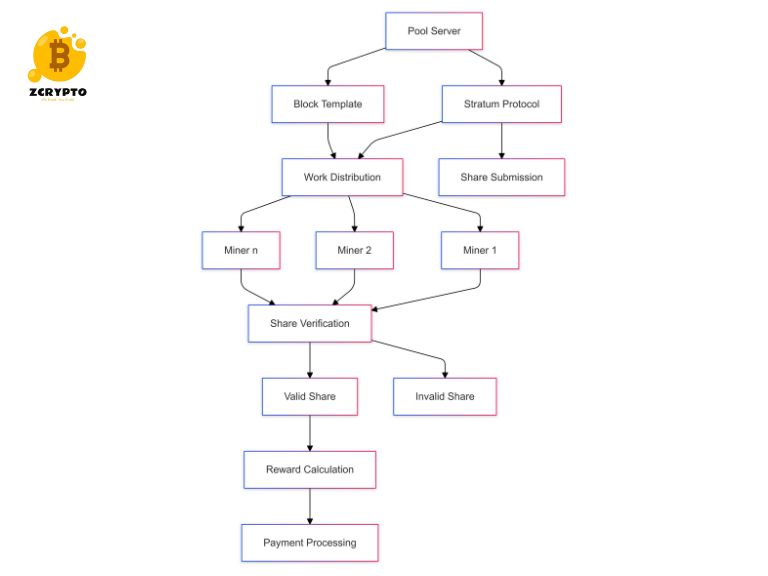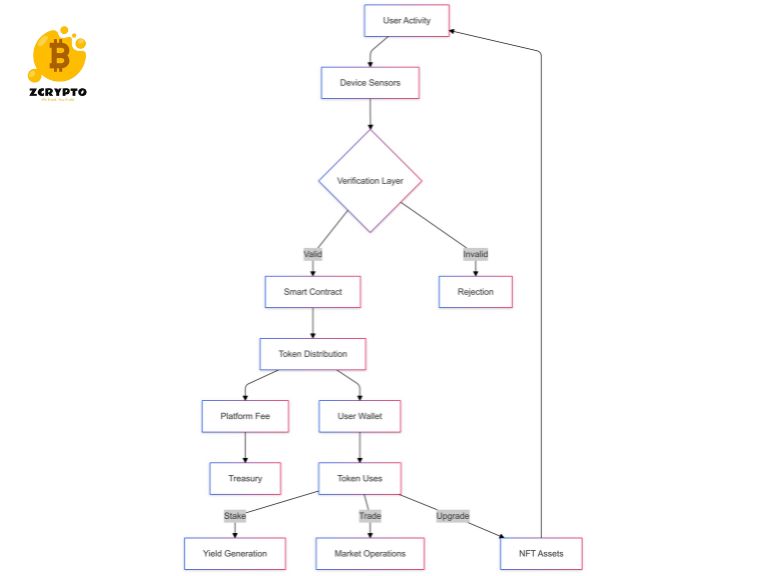Unlocking the American Dream: Strategies for Financial Success and Investment Growth
The concept of the American Dream has evolved significantly over time, but at its core, it remains a symbol of hope and aspiration for a better life. Today, the American Dream is often associated with financial success and social mobility, where individuals strive to improve their economic status and achieve a higher standard of living. This article will explore the key strategies that can help unlock this dream, focusing on personal development, financial literacy, investment growth, health and wellness, community involvement, and overcoming challenges.
- What is NFT Marketplace? – ZCrypto
- How Bail-Ins Work: Understanding the Financial Rescue Mechanism for Failing Banks
- How Actuarial Life Tables Shape Insurance Premiums and Financial Planning
- How the Affordable Care Act Impacts Small Businesses and Investors: Key Financial Benefits and Requirements
- Unlocking the Baltic Dry Index: A Key Indicator of Global Economic Health and Shipping Markets
The Power of Personal Development
Resilience and Continuous Learning
Resilience is a crucial trait for overcoming setbacks and achieving long-term success. It involves the ability to bounce back from failures and keep moving forward. Coupled with lifelong learning, resilience can be a powerful tool for personal growth. Whether through reading books, taking courses, or seeking mentorship, continuous learning helps individuals stay adaptable and competitive in an ever-changing world. For instance, someone who loses their job due to industry changes can use this time to learn new skills that make them more employable in the future.
Bạn đang xem: Unlocking the American Dream: Strategies for Financial Success and Investment Growth
Community and Support
Surrounding yourself with a supportive community is vital for accelerating success. Being part of a network of like-minded individuals who share similar goals can provide motivation, resources, and opportunities that might not be available otherwise. Building strong relationships within this community can lead to mentorship opportunities, job referrals, and emotional support during challenging times.
Leadership and Authenticity
Effective leadership qualities such as empathy and authenticity are essential for building trust and inspiring others. Leaders who are genuine in their approach tend to foster loyal followings and create environments where people feel valued and motivated to contribute their best efforts.
Financial Literacy and Management
Setting Clear Financial Goals
Setting clear financial goals is the first step towards achieving financial success. These goals should be specific, measurable, achievable, relevant, and time-bound (SMART). Breaking down these goals into manageable steps helps in creating a roadmap for success. For example, if your goal is to save $10,000 in a year, you might break it down into monthly savings targets.
Creating a budget is another critical aspect of financial management. It involves tracking your income and expenses to understand where your money is going. This helps in identifying areas where you can cut back on unnecessary spending and allocate more funds towards your goals.
Investing Wisely
Investing wisely is key to growing your wealth over time. This involves researching different investment options such as stocks, bonds, real estate, or mutual funds. Consulting with financial advisors can also provide valuable insights tailored to your financial situation. It’s important to avoid debt as much as possible; having a plan to pay off existing loans can significantly reduce financial stress.
Financial Freedom
Xem thêm : 401(a) Plan: Contribution Limits, Withdrawal Rules, and Everything You Need to Know
Financial freedom means having control over your financial outcomes and being able to pursue your passions without being constrained by money worries. Achieving financial freedom requires discipline but offers immense rewards such as peace of mind and the ability to live life on your own terms.
Investment Growth Strategies
Education and Skill Acquisition
Education has traditionally been viewed as a pathway to the American Dream because it enhances employability and increases income potential. However, the soaring cost of higher education has made it challenging for many individuals to pursue this route without accumulating significant student loan debt. Alternative paths such as vocational training or online courses can also be effective in acquiring valuable skills.
Building a Strong Network
Networking with entrepreneurs, leaders, and self-improvement enthusiasts can provide valuable insights and opportunities that might not be available otherwise. Attending industry conferences, joining professional organizations, or participating in online forums are all ways to build a strong network that can accelerate career advancement.
Adaptability and Innovation
Embracing change and staying updated with industry trends are crucial for remaining competitive in today’s fast-paced world. Thinking creatively and innovatively can lead to new solutions and opportunities that others may overlook. For instance, someone who adapts quickly to technological changes in their industry may find new career paths or business opportunities that others miss out on.
Health and Wellness
Physical Health
Prioritizing physical health through regular exercise, a balanced diet, and adequate sleep is essential for maintaining overall well-being. Exercise not only improves physical health but also boosts mental health by reducing stress levels and improving mood.
Mental Health and Stress Management
Xem thêm : How to Use Analysis of Variance (ANOVA) in Finance and Business: A Comprehensive Guide
Managing stress through techniques like meditation, yoga, or deep breathing exercises is vital for maintaining mental health. Seeking professional help when needed is also important; prioritizing self-care activities ensures that you remain mentally resilient even during challenging times.
Community Involvement and Social Mobility
Giving Back and Building Relationships
Volunteering and giving back to the community not only positively impacts social mobility but also builds meaningful relationships with people from diverse backgrounds. These relationships can open up new opportunities both personally and professionally.
Supporting Local Businesses
Supporting local businesses contributes to the economic growth of the community which aligns with the spirit of the American Dream. Local businesses often provide unique products or services that enhance community character while keeping money within the local economy.
Challenges and Future Perspectives
Economic Inequality and Wealth Gap
The current state of economic inequality in the U.S., marked by a significant wealth gap between different socioeconomic groups, poses substantial challenges to upward mobility. Statistics show that economic disparities affect various aspects of life including access to quality education and healthcare which are critical components of achieving the American Dream.
Policy Initiatives and Corporate Social Responsibility
Potential solutions include policy initiatives aimed at improving access to quality education and healthcare as well as corporate social responsibility programs designed to reconnect work with wealth ensuring financial stability for all segments of society. Employers play a crucial role by offering fair wages along with benefits like health insurance which contribute significantly towards achieving financial stability.
Nguồn: https://poissondistribution.lat
Danh mục: Blog





